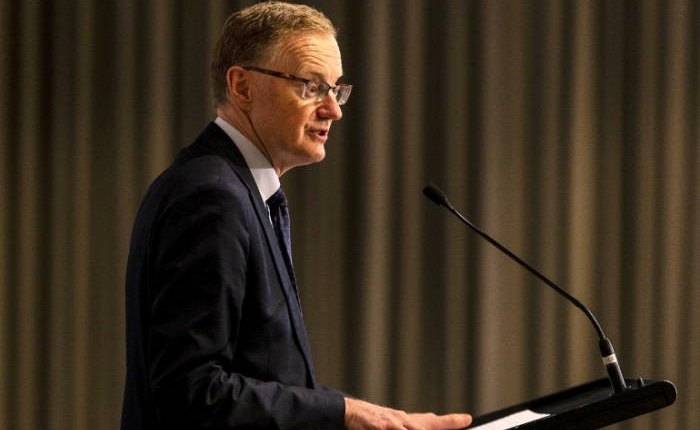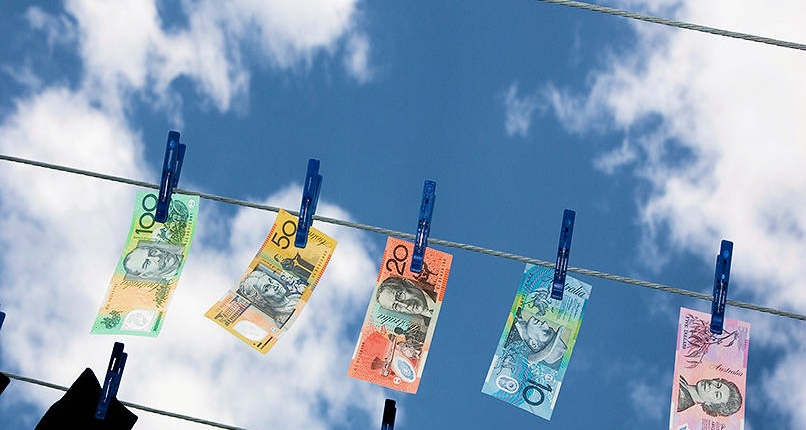RBA cuts rates to 0.50% in response to global Coronavirus outbreak
The RBA announced its decision on interest rates as the coronavirus begins to impact the Australian economy
At its monthly board meeting on Tuesday 3 March 2020, the Reserve Bank of Australia (RBA) decided to cut the official cash rate by 0.25% to a new low of 0.50%. The Board took this decision to support the economy as it responds to the global Coronavirus outbreak, now classified as a pandemic by the Morrison Government. Today’s statement from the RBA Governor Philip Lowe has made clear the RBA’s intent to provide more stimulus to the Australian economy given the challenges being faced from the impact of drought, the recent bushfires and floods, and now the Coronavirus.
Stock market reacts positively to stimulus after run of declines
The Australian Stock Exchange (ASX) All Ordinaries Index ended up in positive territory after a week of declines, trading up 50.5 points to 6511.6 (at the close of trading on 3 March 2020) on the back of the stimulus from the RBA and very strong US and global markets overnight. Positive news came from a report that Beijing will be rolling out further stimulus, and the number of new virus cases in China had started to decline. However, the gains on the ASX moderated during the session after the RBA only opted for a 25 basis point (0.25%) rate cut, rather than the double-size 50 basis point (0.50%) slash that some in the business and finance community were calling for. The RBA has previously signalled that it would look to start a Quantitative Easing (QE) program if official rates were cut to the 0.25% level, so it appears they are keeping some powder dry on that front. The RBA will also be watching housing prices at this low level of interest rates, as they will not be wanting to over stimulate borrowing levels and prices in the property market.
The banking and finance sector dipped 0.9% as the big banks fell on expectation that the rate cut will squeeze lending profit margins further. Under pressure from the government, all of the big four banks agreed to pass along the full rate cut to customers. This is good news for individuals and businesses repaying loans on variable interest rate structures.
On the other hand, this places further downward pressure on the level of income being generated from Cash and Term Deposits. Retirees and others relying on this type of income to maintain their lifestyle and living expenses may be forced to tighten their belts or look for alternative sources of income. This increases the attractiveness of higher risk growth assets and shares as investors look for ways to earn higher levels of income from other sources, like shares paying dividends, property paying rents and infrastructure assets and mortgages paying income.
Financial advice & investment strategy the key for long term success
Once again, it is very important that your financial advice and investment strategies place you in the best position to meet your needs and aspirations in life over the longer term. Now more than ever, with the current market volatility around the Coronavirus, it is important to be holding and buying holdings in your portfolio that represent ‘fair valuation’ or better. Fintech Financial Services utilises the worlds leading research houses and investment managers to seek out these opportunities, and make the appropriate moves in a timely manner for you – in all market conditions. Doing this in conjunction with Fintech’s professional financial strategy advice that considers your personal needs, tax, structures, entities, income, levels of debt, areas of risk and wishes for you family – is what makes the most difference.
Read RBA Governor, Philip Lowe’s statement below:

The Coronavirus has clouded the near-term outlook for the global economy and means that global growth in the first half of 2020 will be lower than earlier expected. Prior to the outbreak, there were signs that the slowdown in the global economy that started in 2018 was coming to an end. It is too early to tell how persistent the effects of the Coronavirus will be and at what point the global economy will return to an improving path. Policy measures have been announced in several countries, including China, which will help support growth. Inflation remains low almost everywhere and unemployment rates are at multi-decade lows in many countries.

Long-term government bond yields have fallen to record lows in many countries, including Australia. The Australian dollar has also depreciated further recently and is at its lowest level for many years. In most economies, including the United States, there is an expectation of further monetary stimulus over coming months. Financial markets have been volatile as market participants assess the risks associated with the Coronavirus. Australia’s financial markets are operating effectively and the Reserve Bank will ensure that the Australian financial system has sufficient liquidity.

The Coronavirus outbreak overseas is having a significant effect on the Australian economy at present, particularly in the education and travel sectors. The uncertainty that it is creating is also likely to affect domestic spending. As a result, GDP growth in the March quarter is likely to be noticeably weaker than earlier expected. Given the evolving situation, it is difficult to predict how large and long-lasting the effect will be. Once the Coronavirus is contained, the Australian economy is expected to return to an improving trend. This outlook is supported by the low level of interest rates, high levels of spending on infrastructure, the lower exchange rate, a positive outlook for the resources sector and expected recoveries in residential construction and household consumption. The Australian Government has also indicated that it will assist areas of the economy most affected by the Coronavirus.
The unemployment rate increased in January to 5.3 per cent and has been around 5¼ per cent since April last year. Wages growth remains subdued and is not expected to pick up for some time. A gradual lift in wages growth would be a welcome development and is needed for inflation to be sustainably within the 2-3 per cent target range.

There are further signs of a pick-up in established housing markets, with prices rising in most markets, in some cases quite strongly. Mortgage loan commitments have also picked up, although demand for credit by investors remains subdued. Mortgage rates are at record lows and there is strong competition for borrowers of high credit quality. Credit conditions for small and medium-sized businesses remain tight.
The global outbreak of the Coronavirus is expected to delay progress in Australia towards full employment and the inflation target. The Board therefore judged that it was appropriate to ease monetary policy further to provide additional support to employment and economic activity. It will continue to monitor developments closely and to assess the implications of the Coronavirus for the economy. The Board is prepared to ease monetary policy further to support the Australian economy.
Please contact Fintech Financial Services on 07 3252 7665 if you would like to discuss any of the above in relation to your specific circumstances.
Grant




Leave a Reply
Want to join the discussion?Feel free to contribute!